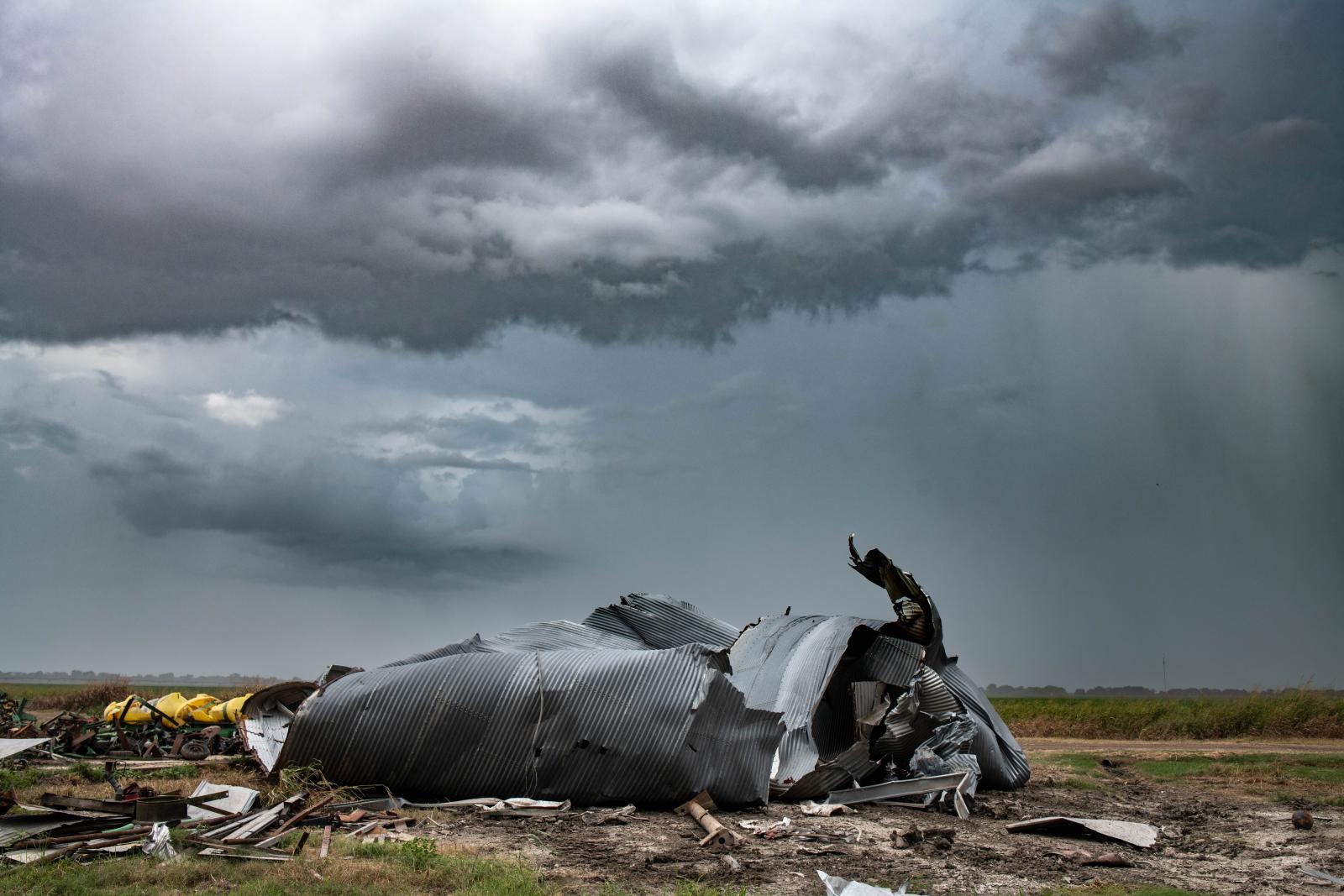Theme 2: Social Resilience Assessment
Conducting a thorough assessment of social and environmental vulnerabilities, estimating the community's resilience capacity to climate change.

The Mississippi Delta is among the most socially vulnerable regions in the U.S., with vulnerability compounded by climate-related disasters such as floods, droughts, hurricanes, and tornadoes. The focus on hazard-specific assessments, including flooding from storm surge, Mississippi River flooding, and drought, aims to provide a nuanced understanding of vulnerability.
This project will develop a Mississippi Delta Risk Index (MDRI), building on the experience of Social Vulnerability Indexes, and GDRI a by integrating social, ecological, and geophysical components of the Delta. Within the vulnerability aspect, the MDRI approach differentiates social and ecosystem susceptibility, as well as coping capacities. The assessment will specifically address hazard-related risks, such as Mississippi River flooding, and drought. Utilizing deltaic indicators categorized into social susceptibility, coping capacity, ecosystem susceptibility, and ecosystem robustness, the index will be calculated using data from diverse sources including the American Community Survey, United States Geological Survey, the Federal Emergency Management Agency, and other federal and local agencies. Social indicators are generally available at the block group or census tract level, while ecosystem indicators vary in resolution, requiring appropriate data aggregation.
Photos by Brian Williams